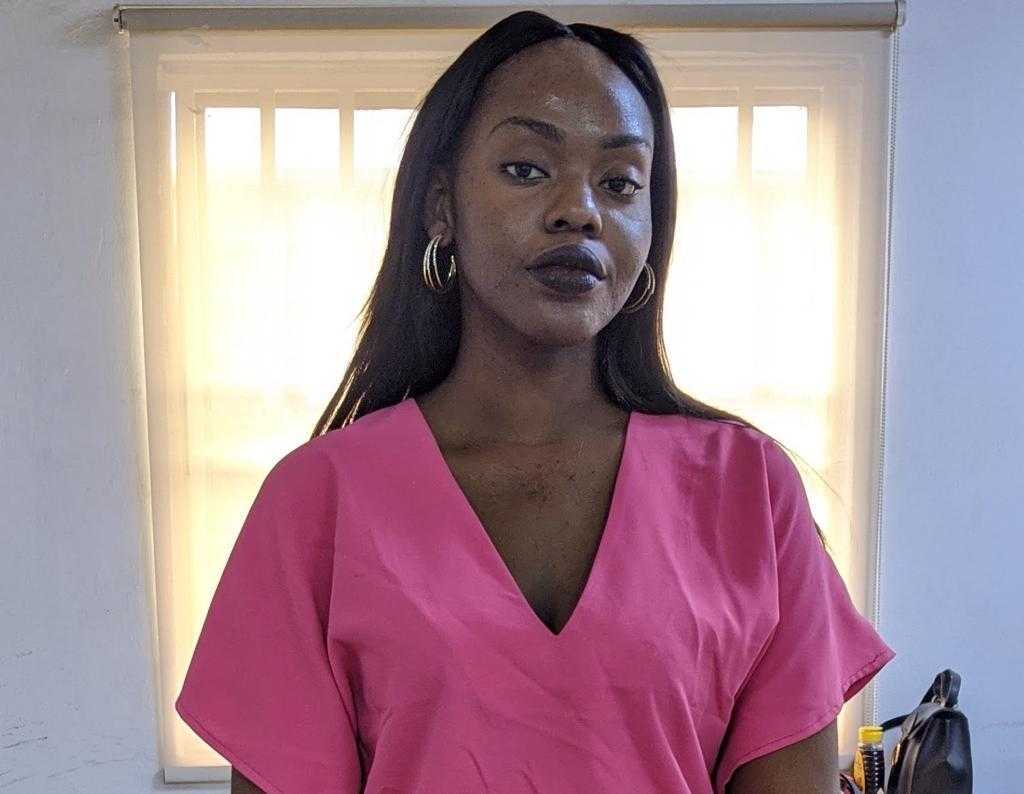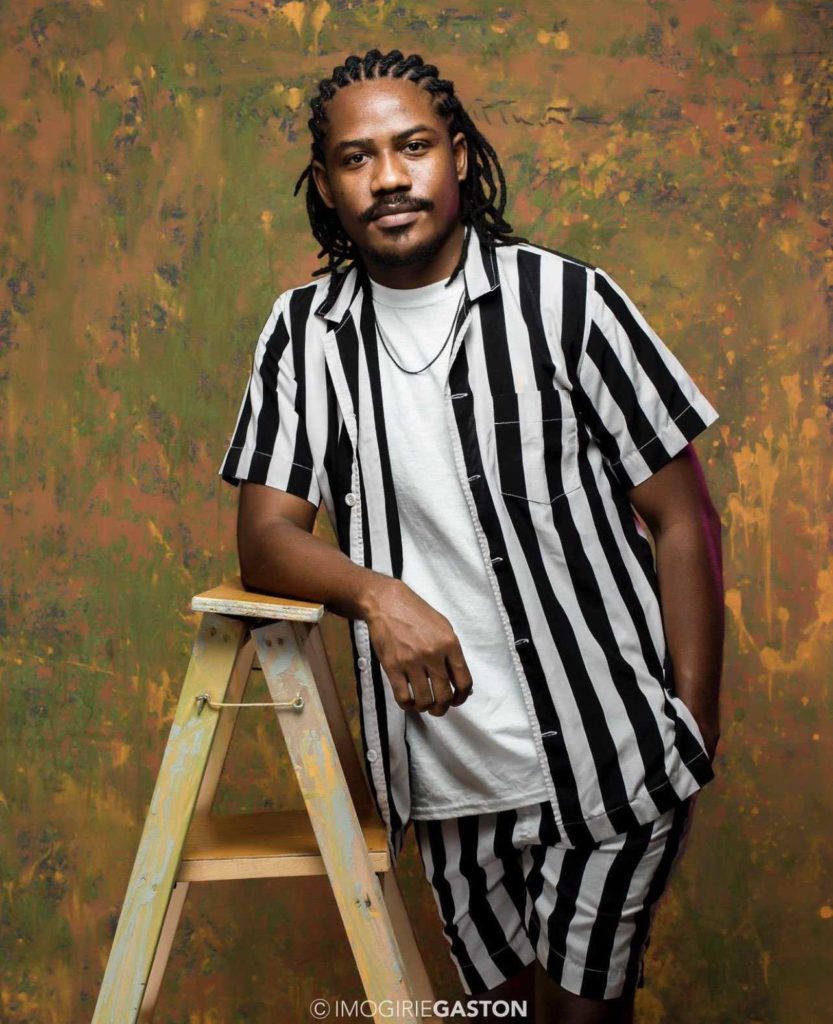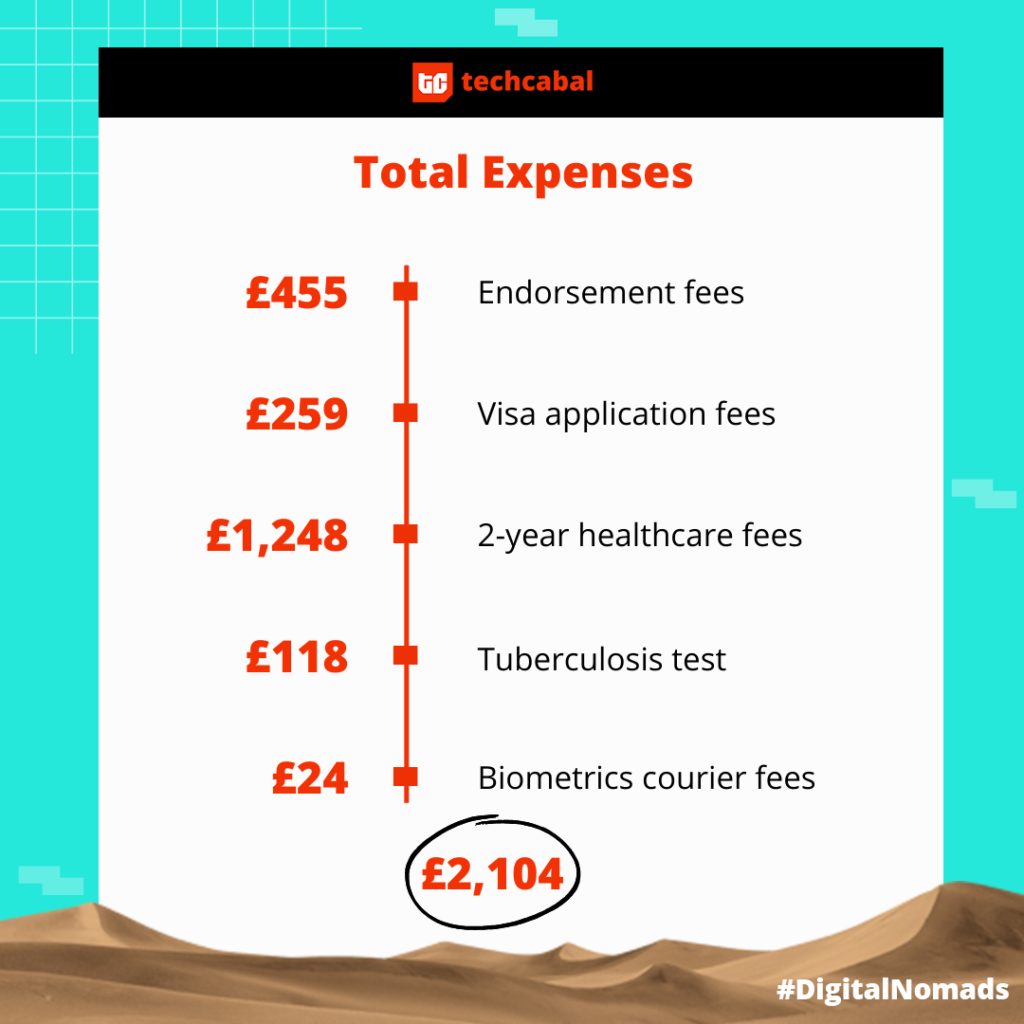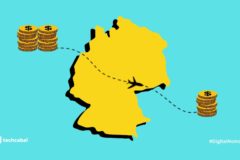Japa (verb, /dʒa pa/, Nigeria): to leave one’s home country in search of greener pastures.
When writers Ope Adedeji and Chika Jones decided to apply for the UK Global Talent Visa, both thought the process would be like all other visa applications—grueling and 3 months long, filled with insurmountable documentation, and lingering interviews.
They couldn’t have been more wrong. In 2020, the UK instituted the Global Talent Visa which allows leaders or potential leaders in the fields of academia and research, arts and culture, and digital technology, to work in the UK for up to 5 years, without a sponsor or a job offer.
“I was surprised,” said Adedeji to TechCabal in an interview. “From start to finish, the whole process probably took about 2 months. And from an application perspective, I was most surprised about how effective it was.”
Jones’ surprise was that a 5-year residence visa existed for writers. “Visas like these are usually reserved for STEM careers or even tech professionals. Writers and poets like me usually focus on fellowships or masters’ degrees,” he commented in a Twitter Space he and Adedeji held earlier this year.
Jones’ own application process, from submission to approval, took a total of 2 weeks, but he’d taken 5 months to plan, and the only major delays he experienced were with his medical tests.

Adedeji and Jones are just 2 out of many Nigerians who have taken advantage of the Global Talent Visa to leave their home countries to work abroad. In fact, Nigeria ranked third for the total number of applications processed for the visa in 2021 while South Africa ranked 10th.
Many more are looking to take advantage of this opportunity, and if you’re one of them, here’s how 2 exceptionally talented individuals japa-ed with the UK Global Talent Visa.
Exceptional Talent v Exceptional Promise
The first stage of applying for the UK Global Talent Visa is getting endorsed by any of 6 relevant endorsing bodies.
Unlike other visa applications where you have to book interviews at consulates, the Global Talent Visa has 6 governing bodies that review applications from applicants who can bid for the visa under 2 circumstances: Exceptional Talent or Exceptional Promise.
People who apply under Exceptional Talent are established leaders in the fields of academia and research, arts and culture, and digital technology. They have won prestigious awards, appeared in notable publications, and have many years of experience under their belt.
Applicants under Exceptional Promise have a record of outstanding work in their field over a 5-year period. They are intentional about developing outstanding international track records.
Each of the 6 endorsing bodies has its own requirements for the Exceptional Talent and Exceptional Promise, and you can check them out here.
Adedeji and Jones, both of whom have glowing track records of excellence in writing, applied for the visa under Exceptional Promise for arts and culture, which is open to creatives with careers in literature, dance, architecture, fashion design, film, and animation. The documents they needed were basic: passports, tuberculosis test results, and more importantly, 3 recommendation letters from organisations and people established in their fields.
“I’ve been published in quite a number of notable magazines and publications over the years, and I also had a few literary awards to my name. I’d also been a speaker at some literary festivals, so all I had to do was gather these in a document and submit it to the Arts Council,” Adedeji said.

When she first heard of the visa, Adedeji, who is also managing editor at Paystack, had thought endorsement would be the most difficult part of the application process. “I was sceptical at first because I thought I probably didn’t qualify. After reading a bit more and speaking to people who’d already gotten the visa, I realised I had a chance, and I took it.”
Adedeji mentioned that she collated links to her appearances and awards, her published stories, and news mentions in a Google Doc. “That’s all it took,” she said.
Jones concurred, adding that the process is less stressful than people think it is. “Visas are notoriously difficult to get, and so people don’t even try. But with this, it wasn’t as mind-numbing as I thought it would be.”
The UK Global Talent Visa website states that endorsement takes about 4 weeks, but both writers got their arts and culture endorsements within 2 weeks.
Funfere Koroye, a design engineer whom TechCabal interviewed for an earlier episode of Digital Nomads, applied under Exceptional Talent. His route was a bit different from Adedeji’s and Jones’. While the creators had to apply to the Arts Council England, the endorsing body for arts and culture, Koroye had to apply to Tech Nation, the endorsing body for digital technology.
Under the digital technology option, people with technical and business skills can apply for endorsement.

Koroye already had over 8 years of experience building and designing products, and even building a startup, NuPay Technologies. All he had to do was dust up his resume, gather the links to sites like Figma and GitHub which highlighted his projects, and submit them to Tech Nation. Koroye’s application was so successful he was also invited to become an ambassador for Tech Nation. “My job as an ambassador is to create more awareness about the visa,” Koroye said. “Across Africa, not a lot of people know about the visa, so I’m here to spread awareness and give people information about their applications.”
After getting endorsed, all the professionals had to do was get their tuberculosis test results, schedule a date for biometric capturing, and submit their applications. Adedeji, who had already been living in the UK for her masters’ at the time, did not have to get a tuberculosis test or buy a ticket.
“My process took 5 months because it was difficult to get my tuberculosis test, but that was the only stressful part. Everything else was pretty smooth,” said Jones.
And the best part…
The whole process costs about £2,000, said Jones who applied with and moved with his wife.

“But it can be more expensive, depending on how many years you apply for, and how you’re moving.” The visa itself costs £623—£456 for endorsement and £167 for the visa application itself. You’ll also have to pay £624 per year for every year you plan to spend in the UK for up to 5 years.
“For me, the costs for endorsement, health insurance and biometrics all added up to about £3,500,” said Adedeji.
The best part about the Global Talent Visa, according to Koroye, is that awardees don’t have to be in the UK all year round. The visa only requires awardees to stay in the UK for 6 months out of every year they have applied for; the rest of the time can be spent in any country of their choosing. “It just opens you up to a more expansive world,” Koroye said.
If you enjoyed this article, please share it with your network on Twitter, WhatsApp, LinkedIn, Facebook, and Telegram.
We’re open to applications from Digital Nomads. If you’re an African who’s travelling the world while working or living abroad for work, please send me an email at timi@bigcabal.com and sultan@bigcabal.com or fill this form.





















